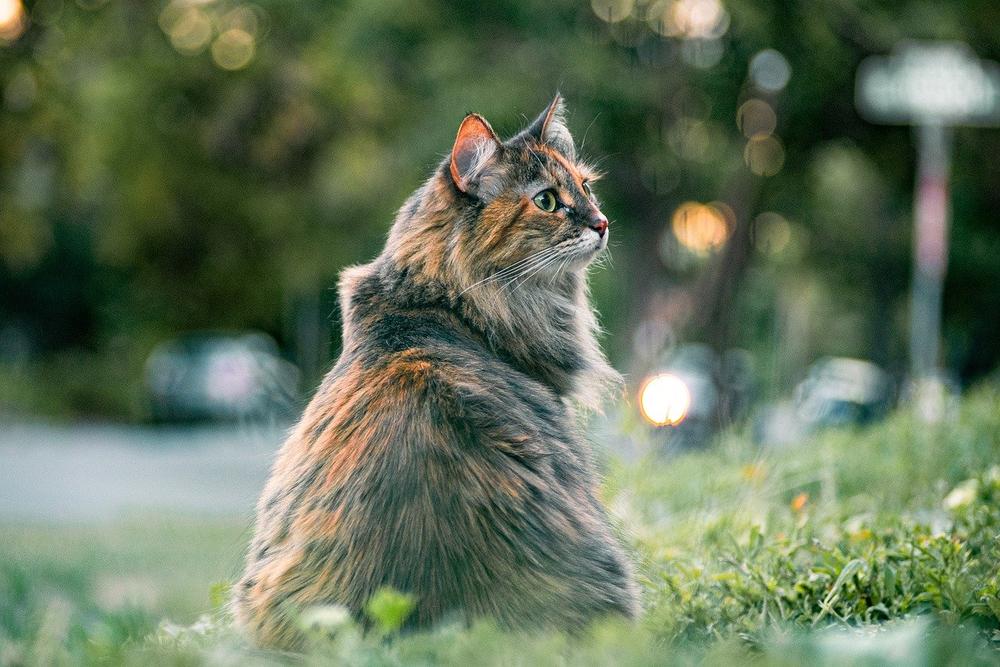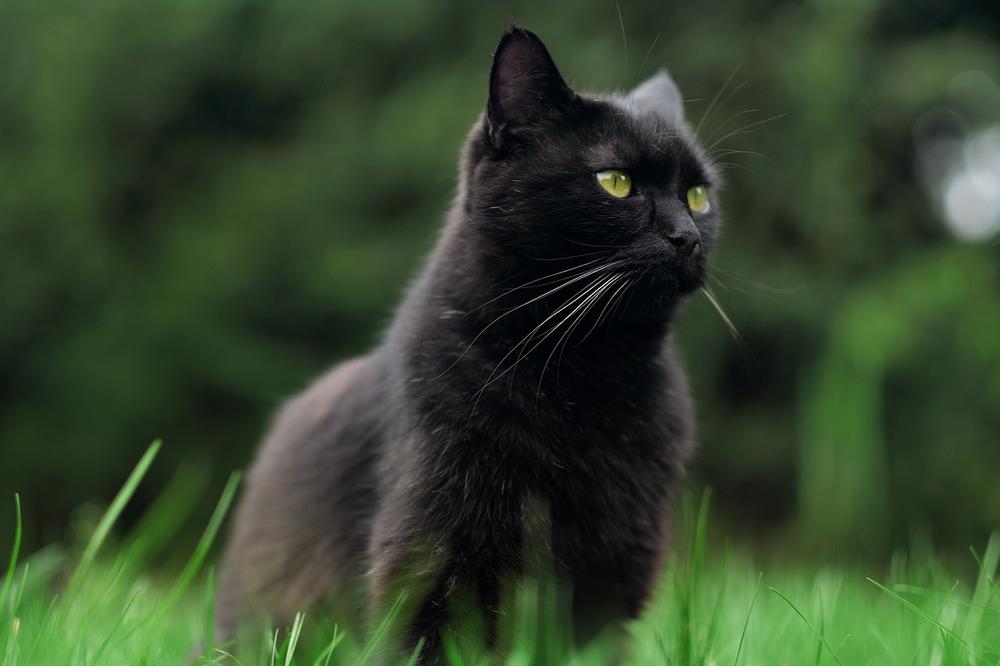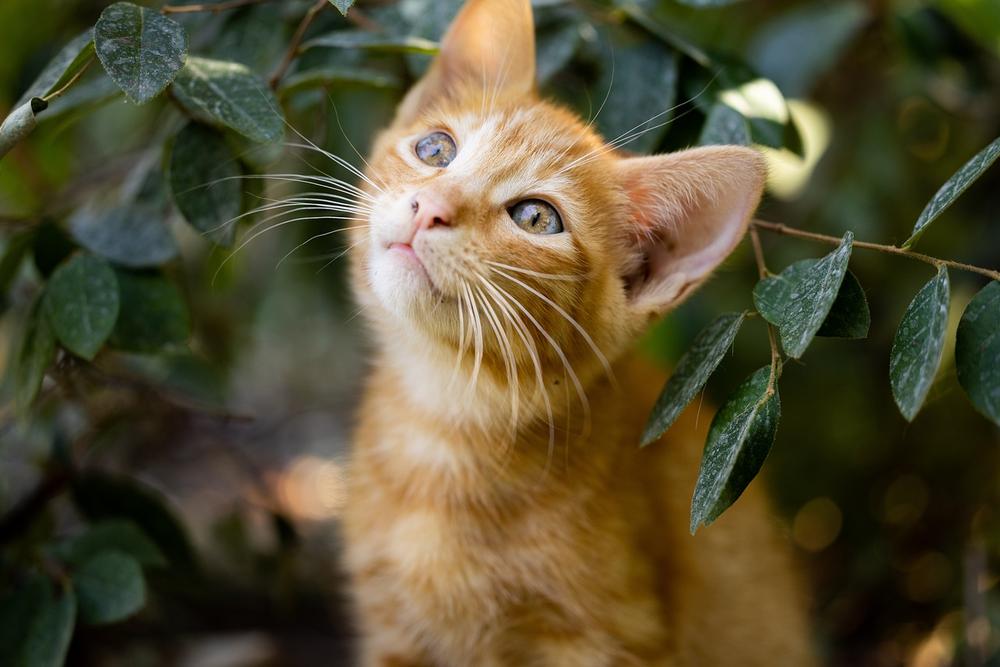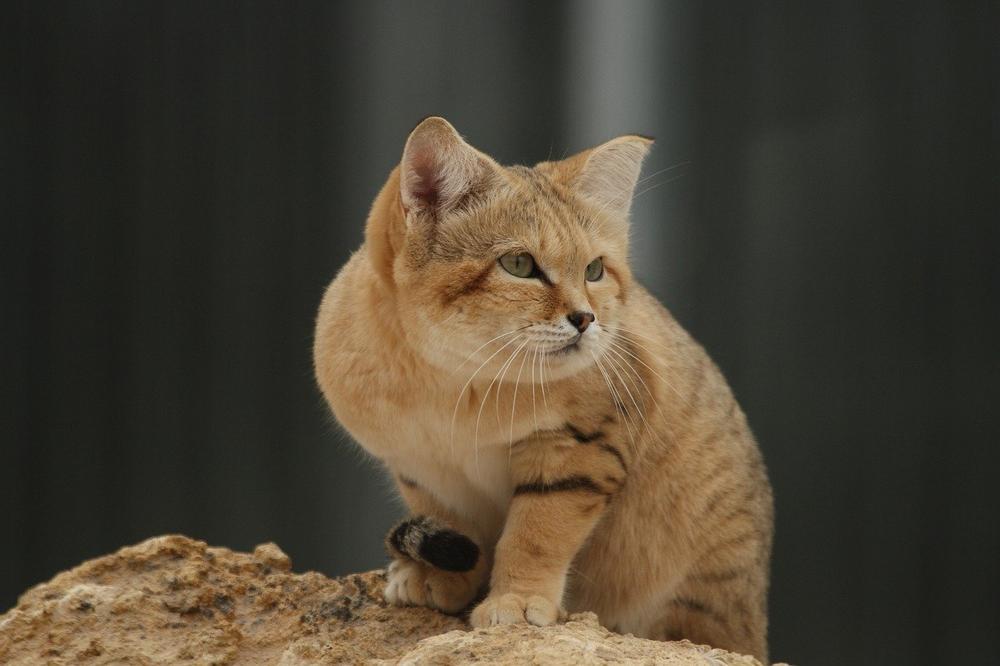Do Cats Eat Snakes?

Visualize this:
You're relaxing at home, content with the peaceful atmosphere surrounding you.
But suddenly, a spine-chilling thought races through your mind - could your beloved feline friend wreak havoc by gobbling up a slithering serpent? 🐍
Let's dive into this serpent-filled world together.
What Happens if a Cat Eats a Snake?
What happens if a cat eats a snake?
Well, let me tell you:
- Cats can get some tummy troubles after munching on a snake, like vomiting or diarrhea as their body handles this odd meal.
- Eating snakes also puts your cat at risk of bacterial infections that these slithering creatures may carry. So keep an eye on your feline and get help from the vet if needed.
- Actually, it's not common for cats to eat snakes. They usually don't have the urge, except when they're super hungry or just plain curious.
- Big snakes might give a cat's tiny stomach a hard time, but usually no major harm is done. Still, be sure to take care of your cat afterward, with proper attention and monitoring.
- Cats are picky eaters, and snakes may upset their sensitive tummies. Watch out for any behavior changes or loss of appetite.
- If you think your cat has gulped down a snake and is acting weird or in distress, consult a vet without delay. They'll guide you and address any concerns.
Cats always surprise us with their choices.
By staying informed, you can take better care of your four-legged pal.

And it gets even more fascinating when we delve into the hunting behavior of cats towards snakes.
What tactics do they use?
How do they ensure their success?
Let's explore their hunting prowess in the next section and discover the incredible strategies these feline predators employ.
You won't want to miss it!
Can Cats Kill Snakes?
When it comes to cats and snakes, here are some interesting points to consider:
- Different cats have different hunting styles when it comes to snakes. Some might be more aggressive and fearless, while others may hesitate or even avoid confrontation.
- Cats typically assess the situation before attacking, choosing prey they feel confident in overpowering. They won't take on a snake that is too big or dangerous.
- The tactics cats use to kill snakes include swatting, clawing, biting, and breaking their necks. These actions can introduce dirt, germs, or cause stress to the snake, which can be deadly.
- After successfully killing a snake, cats tend to leave the body and continue with their activities. They don't typically eat snakes unless they are particularly hungry or hunting for sport.
- It's important to note that cats should not be encouraged to interact with snakes, especially if the snakes are venomous. They may leave behind snake remnants or get injured in the process.
- When considering safe prey for cats, small, non-venomous snakes like garter snakes, corn snakes, king snakes, and rat snakes are more suitable options.
Keep these points in mind when it comes to cats and snakes, ensuring the safety of both your feline friend and any potential snake encounters. 😺
And just when you thought you knew everything about cats and their hunting habits, let me introduce you to another intriguing topic: worms.

If you're curious about whether cats can eat worms and if there are any health risks involved, you'll definitely want to read my article on Do Cats Eat Worms.
It's an informative guide that addresses all your concerns and provides valuable insights into this fascinating feline behavior.
So, don't hesitate to satisfy your curiosity and discover the truth about cats and worms.
Can Cats Keep Snakes Away and Sense Them?
Cats have exceptional senses that allow them to detect snakes through their keen hearing and sense of smell. While some cats may chase away snakes, not all cats are interested. To ensure your cat's safety, take precautions such as adjusting your landscaping and removing snake-friendly elements.
Can Cats Deter Snakes and Sense Them?
Listen up, my friend, because I'm about to spill some truth about cats.
These furry little creatures have superhuman senses that put us humans to shame.
When it comes to snakes, cats have a sixth sense that sets them apart.
Their ears and noses are so finely tuned that they can detect the slightest movement and scent of snakes, even in dim lighting.
It's like they were born with built-in snake detectors or something.
But here's the deal, my friend:
Relying solely on your cat to keep snakes at bay just won't cut it. Nope, not gonna do the trick.
If you're dealing with a snake problem, you best leave it to the professionals.
Pest control experts know all the ins and outs of handling snakes safely and effectively.
I'm sorry to burst your bubble, but you need someone with expertise to handle this slithery situation, alright?
Now, let me give you the lowdown on the natural animosity between cats and snakes.
Psst, snakes are usually scared of cats. Can you blame them, really?
Cats are bigger, have claws and teeth, and can climb and pounce faster than a spring-loaded jack-in-the-box.

So yeah, some cats might go to town chasing away those snakes, being the heroes we adore.
But not every cat is up for the job. Some cats couldn't care less about snakes.
They'll go about their business, leaving the lurking snakes untouched.
To ensure the safety of your feline friends, you need to take precautions.
You don't want your precious tiger getting caught off guard by a hissing serpent while exploring their territory, right?
The solution is simple, my friend:
Keep cats and snakes separate.
Adjust your landscaping if necessary to minimize unexpected encounters.
Consider removing snake-friendly elements like water features, boulders, and lush bushes that attract snakes.
And hey, don't forget to get rid of potential snake snacks like rodents and birds.
By following these precautions, you can create a safe outdoor environment for your cats.
Let them roam freely without a worry, knowing that snakes won't cross their path.
Stay tuned for more intriguing insights on this topic... 👀
Heads Up: If you're curious about whether or not it's safe for your cat to eat a bird, check out Do Cats Eat Birds. It's a useful blog post that provides information on this topic. Trust me, I'm here to help you make informed decisions for your feline friend.
And now, let me clue you in on the potential health risks and precautions associated with cats consuming snakes...
Signs Your Cat Has Consumed a Venomous Snake
Cats and snakes together are dangerous.
If your cat comes across a venomous snake, you gotta watch for signs of possible eating.
Here's what to look out for:
- Drooling a lot: If your cat is slobbering more than usual, could mean they ate a poisonous snake.
- Bleeding gums: Keep an eye on blood in their mouth or on their toys.
- Hard time breathing: Struggling to breathe might mean a snake bite, so don't ignore it.
- Weakness and confusion: If your furry buddy seems wobbly, take them straight to the vet.
Cats don't eat toxins when they bite snakes, but eating a poisonous one can cause the same symptoms as being bitten.
Gotta act fast!
No dilly-dallying if you think your fur baby swallowed a snake.
Rush to the vet pronto to avoid brain damage or organ failure.
Also critical to know what kind of snake it was, helps figure out potential dangers.
Tell your vet all the details about the snake bite, super crucial.
Keep an eye out for other signs like swelling, puking, paralysis, shaking, twitches, dilated pupils, and loss of control over going to the bathroom.
Stay on guard and put your cat's well-being first!
Can Snakes Be Dangerous to Cats?
Even nonvenomous snakes can be dangerous to cats
Snakes, even if they are not venomous, can still bite and hurt cats when they feel threatened. So you should keep your feline friends away from them.
But hold on, there's something else you should know!
Bigger snakes can actually eat cats (pretty scary, right?)
Believe it or not, larger snakes like tropical boas and pythons have the ability to swallow whole cats.
It sounds like a scene from a horror movie, doesn't it?
However, it's worth noting that stress can seriously harm snakes, and in some cases, even kill them.
While snakes may be capable of devouring cats, it's not exactly good for their well-being.
Watch out for health risks like salmonella
Now, here's where things get really interesting...
You need to be cautious because raw meat, including snakes, can carry salmonella, which can make your cat sick.

Yes, it's true – snakes can harbor some pretty nasty stuff.
For safety reasons, it's best to keep your cats away from snakes, especially the venomous ones.
And hey, let's also try to prevent them from entering areas known to have venomous snakes.
That way, we can reduce the chances of bites and potential poisoning.
Whether a snake is venomous or not, they all pose a risk to cats because they might fight back and cause injuries.
Although cats are naturally more resistant to snake venom and have higher survival rates, getting bitten by a venomous snake can still lead to serious health problems.
So, if your cat happens to eat a snake (no idea how that would happen), make sure to look out for any symptoms of salmonella.
It's always better to play it safe than be sorry, right?
Final thoughts on cats and snakes
- Eating snakes can pose health risks for cats, including bacterial infections.
- Cats' hunting behavior towards snakes varies depending on their personality.
- Cats have the ability to detect snakes and their movements.
- Cats face the risk of health issues when consuming snakes, especially venomous ones.
- Larger snakes have the ability to consume cats, but stress can be harmful to them.
- Raw meat, including snakes, can carry the risk of salmonella.
- It is best to keep cats away from snakes, especially venomous ones.
- All snakes, even non-venomous ones, pose a risk to cats.
- Cats are more naturally resistant to snake venom than dogs.
- Watch for symptoms of salmonella if a cat eats a snake.
And that wraps up today's article.
If you wish to read more of my useful articles, I recommend you check out some of these: Can Cats Eat Grasshoppers, Do Cats Eat Rabbits, Do Cats Eat Caterpillars, Can Cats Drink Dog Milk, and Do Cats Eat Ants
Talk soon,
-Sarah Davis